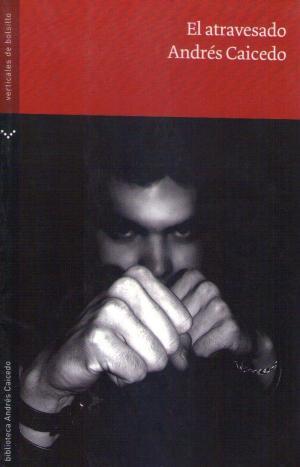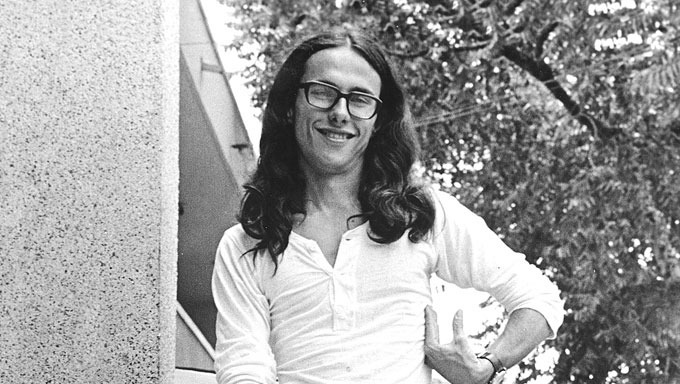
Con un lenguaje absolutamente natural, popular que hace acopio del humor, el narrador y protagonista de esta novela cuenta con detalle cómo todos estos elementos se van mezclando y hacen de la tragedia un episodio más de los tantos que vivió al lado de sus compañeros de barrio. La historia que nos cuenta está salpicada de palabras que reflejan un modo de sentir y de pensar el mundo: es fácil advertir que muchas de las razones que argumenta son propias de una persona que aún no ha podido encontrar un lugar en la sociedad (una sociedad bastante conservadora, por cierto). Al final, esa inconformidad lo hace un personaje singular y marginal: la verdadera conciencia social. Sin duda, la más grande contribución de esta obra es mostrar una fiel imagen de la sociedad colombiana de los años sesenta. Para ello, se sirve de sus incontables horas como espectador del cine hecho en Hollywood, como el de Los jóvenes salvajes, con Burt Lancaster, El estigma del arroyo, al compás del reloj o Rebelde sin causa; así como de los diferentes ambientes musicales que invadían las calles y de la fragmentación social que en esa época, como hoy, crea ciudades dentro de las ciudades.
Author

Luis Andrés Caicedo Estela was a Colombian writer born in Cali, the city where he would spend most of his life. Despite his premature death, his work is considered one of the most original in Colombian literature. Caicedo leaded different cultural movements in the city like the literary group "Los Dialogantes" (Those who speak), the Cinema Club of Cali and the "Ojo con el Cine" Magazine (Attention to the Cinema). In 1970 he won the First Literary Contents of Caracas with his work "Los dientes de caperucita" (The Teeth of Little Red Riding Hood) that opened the doors of national recognition for him. Some sources say that he used to say that to live more than 25 years was a shame and it is seen as the main reason of his suicide on March 4, 1977 when he was that age. Caicedo's work has as its context the urban world and its social conflicts, especially those of young people. Contrary to the school of magic realism, the work of Caicedo is grounded completely in social reality. Therefore, some scholars give importance to his work as an alternative in Latin America to prominent figures such as Gabriel García Márquez, especially through the research of the Chilean journalist, writer and movie critic Alberto Fuguet who called Caicedo "The first enemy of Macondo". Despite his fame in Colombia, Caicedo is little known in Latin America, maybe for his early death. However his work is becoming known thanks to the influence of his works in new writer generations such as Rafael Chaparro, Efraim Medina Reyes, Manuel Giraldo, Octavio Escobar and Ricardo Abdahllah.